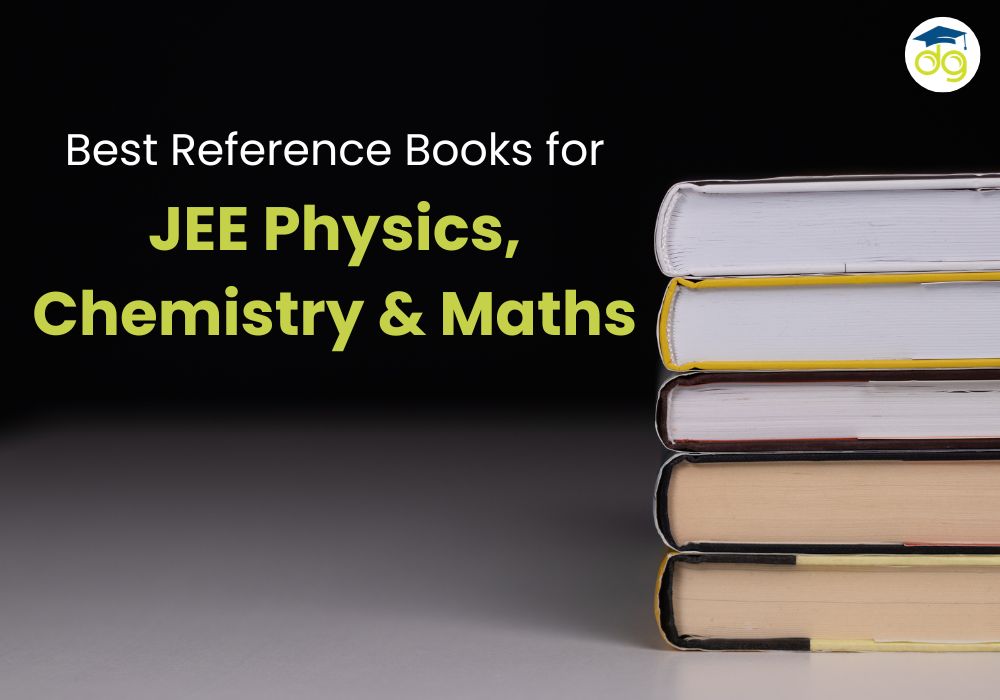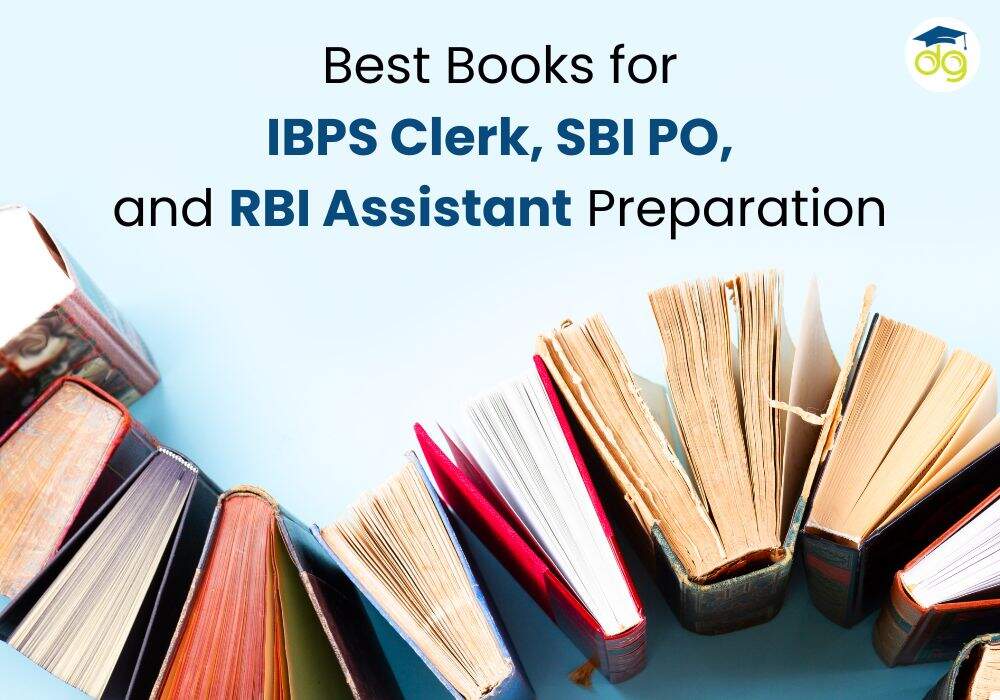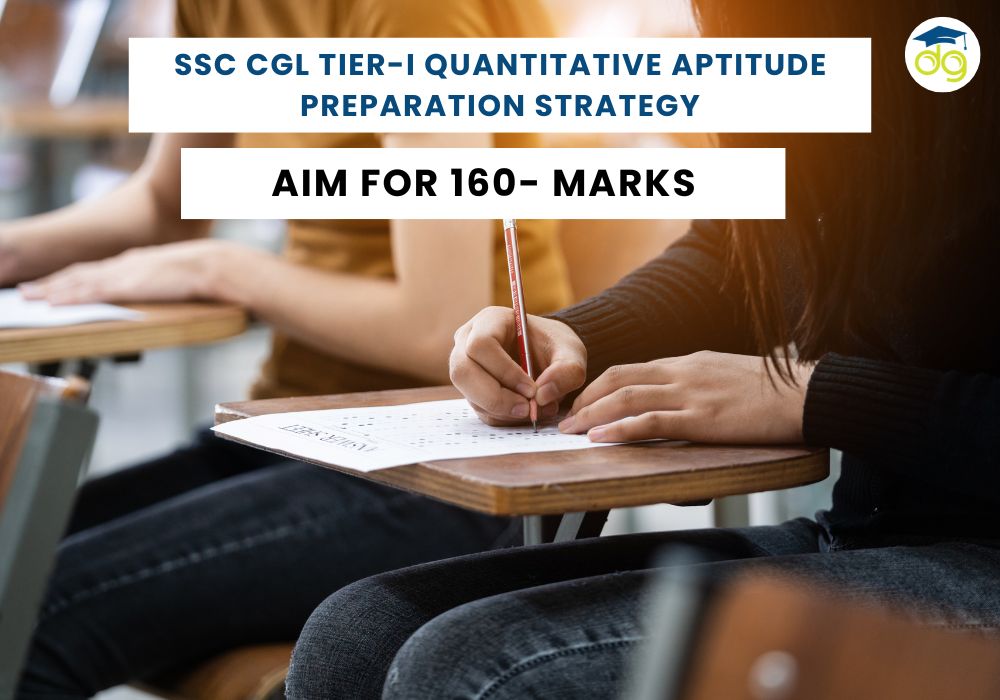Best Books for NEET Preparation 2025: Physics, Chemistry & Biology
Top NCERT-based and reference books to boost NEET exam preparation
If you’re preparing for NEET, your success comes down to two things: clarity of concepts and smart practice. More books don’t mean better preparation—it’s about choosing a few reliable ones and using them well. Here’s a straight talk guide on which books to pick, how to use them, and avoid information overload.
Why the Right Books Matter
In my own NEET prep journey, I noticed early on how easy it is to buy more books without finishing any. Worst mistake. The exam demands clarity and accuracy more than volume. Think of your books as tools—not just content. Focus on:
- Understanding NCERT deeply
- Practicing NEET-style questions
- Building speed and accuracy
- Tracking trends from previous papers
Now, let’s break it down subject-wise.
Physics
Physics scares many NEET aspirants with its formulas and calculations. But it also rewards consistent practice from the right books.
NCERT Physics, Class 11 & 12
These are your base. They cover fundamentals and often have direct questions in NEET. I highlighted diagrams, derivations, and example problems extensively. Re-read the same NCERT twice before moving on.
Concepts of Physics by H.C. Verma
Verma explains why things happen—why a formula takes a certain shape, not just how to apply it. Begin with the theory, then try the short questions, then the long numerical problems. It builds trust in your conceptual understanding.
Objective Physics by D.C. Pandey
After Verma, I moved to Pandey’s books. He has long and short questions separated into levels. He also includes assertion–reason and match-the-column formats. That pattern is NEET-like and gets your mind tuned.
Topic-Wise NEET Previous Year Questions by MTG
At the end of chapters in Pandey, I solved old NEET questions from MTG’s books. It’s helpful for understanding recurring topics and phrasing that NEET likes to use. Solve with timer and revise wrong answers.
Chemistry
Physical Chemistry
NCERT Part I and II (Class 11 & 12) form the base. Learn formulas, work examples, and understand derivatives in topics like mole concept, equilibrium, thermodynamics. Highlight.
Then follow with O.P. Tandon for depth and theory and P. Bahadur Numerical Chemistry for practice. They’re excellent for nailing difficult concepts and calculations under time pressure.
Organic Chemistry
NCERT chapters are your first stop. If you know these fully—reactions, mechanisms, reaction conditions—you can attempt most NEET questions here. Next, I used M.S. Chauhan for structured MCQs. Some aspirants choose Morrison & Boyd for mechanisms, but it’s not required unless you aim for AIR ranks.
Inorganic Chemistry
NCERT is critical. In NEET, nearly every inorganic question is NCERT-based. Learn names, reactions, oxidation states, exceptions, coordination compounds. Use Concise Inorganic Chemistry by J.D. Lee (India edition) only selectively if you want deeper grasp—but only after NCERT.
Biology
Biology makes up half your NEET marks. So a strong biology section can lift your total significantly.
NCERT Biology (Class 11 & 12)
Read every line carefully. Use highlighters: Plant kingdom, basics of genetics, human physiology, ecology, biotechnology. Label diagrams. Underline scientific names. Memorize examples.
Trueman’s Biology Volume 1 and 2
I used this for extra clarity on topics not fully explained by NCERT—like biotechnology and microbiology. Read after NCERT to solidify understanding and clear doubts.
MTG’s “NCERT at Your Fingertips” Biology Edition
This book is excellent for practice. It has NEET-style MCQs chapterwise, with past years’ questions integrated. I solved 20–30 MCQs daily from it during revision months.
MTG 34 Years NEET Biology Solved Papers
Solving full past papers helped me gauge stamina and pacing. Also, it gave insight into question patterns and repeated topics.
How to Use These Books Effectively
Focus Only on Two or Three per Subject
Here’s what worked for me:
- Physics: NCERT → H.C. Verma → D.C. Pandey → MTG PYQs
- Chemistry: NCERT + Tandon (Physical) → Chauhan (Organic) → Bahadur (Numerical) → MTG PYQs
- Biology: NCERT → Trueman’s → MTG Fingertips → MTG PYQs
That makes about three reliable books per subject. They covered concepts, questions, and exam trend data without redundancy.
Weekly Study Plan
Day | Physics Focus | Chemistry Focus | Biology Focus |
| Mon–Fri | NCERT theory + Pandey questions | NCERT theory + practice book | NCERT chapters + highlight + Trueman’s reading |
| Saturday | Verma problems + timed sets | O.P. Tandon / Bahadur problems | MTG Fingertips + MCQ practice |
| Sunday | Topic revision + PYQs | Topic revision + PYQs | Full mock or past biology paper |
Error Log & Revision
Maintain a notebook for mistakes and difficult topics. Put theory, formulas, or reaction steps you got wrong. Revise weekly to avoid repeating mistakes.
Common Mistakes and How to Avoid Them
- Buying too many books can confuse you—stick to the above list.
- Skipping NCERT is a grave error—cover it thoroughly first.
- Ignoring past papers means you miss exam patterns.
- Not timing MCQs means carelessness on actual test day.
- Not revising regularly leads to slow forgetting.
FAQs
Q: Is NCERT enough for Biology?
Absolutely—if you’ve learned every line. Most biology questions are drawn directly from NCERT.
Q: If short on time, can I skip Verma and use only Pandey?
Yes. But if you struggle to understand theory, go back to NCERT examples and diagrams.
Q: How many hours should I study daily?
Full-time aspirants can aim for 8–10 hours across subjects. School students should try 4–6 hours of focused study plus school revision.
Q: Should I read Morrison & Boyd, J.D. Lee, or other large reference books?
Only if you have extra time after completing your main books and scoring consistently high.
The Final Word
If you take away one thing: Pick a small set of reliable books, cover NCERT first, and practice relentlessly. Accuracy, clarity, and pace are what count—not the number of books. Trust your core resources, revisit them, solve past papers, and revise systematically.
If you ever feel stuck, ask questions in expert groups or study circles—but always come back to your trusted set of books. That’s how clarity builds.
Let me know if you’d like a printable timetable or topic tracker based on these books for your NEET preparation. Visit Skoodos Bridge to get help with your exam.
Categories
Archives
- August 202511
- July 202524
- June 202524
- May 202526
- April 202530
- March 202523
- February 202513
- January 202523
- December 202429
- November 20246
- September 20245
- August 202422
- July 202415
- May 20249
- June 202424
Similar Posts

Best Books for NEET Preparation 2025: Physics, Chemistry & Biology
by Skoodos Bridge

UPSC Mains Answer Writing Practice: Format, Tips & Examples 2025
by Skoodos Bridge

CAT VARC Preparation: Boost Reading Speed and Accuracy for 2025
by Skoodos Bridge

Best Reference Books for JEE Physics, Chemistry & Mathematics
by Skoodos Bridge

NEET PYQ Analysis 2025: Trends, Predictions & Preparation Tips
by Skoodos Bridge

Best Books for IBPS Clerk, SBI PO & RBI Assistant Exam Preparation
by Skoodos Bridge

SSC CGL Tier-I Quant Strategy: How to Score 160+ Marks Easily
by Skoodos Bridge

Best Optional Subjects for UPSC Mains: How to Choose the Right One
by Skoodos Bridge

Best Online Resources & Apps to Crack CAT 2025 Effectively
by Skoodos Bridge


Leave a Comment